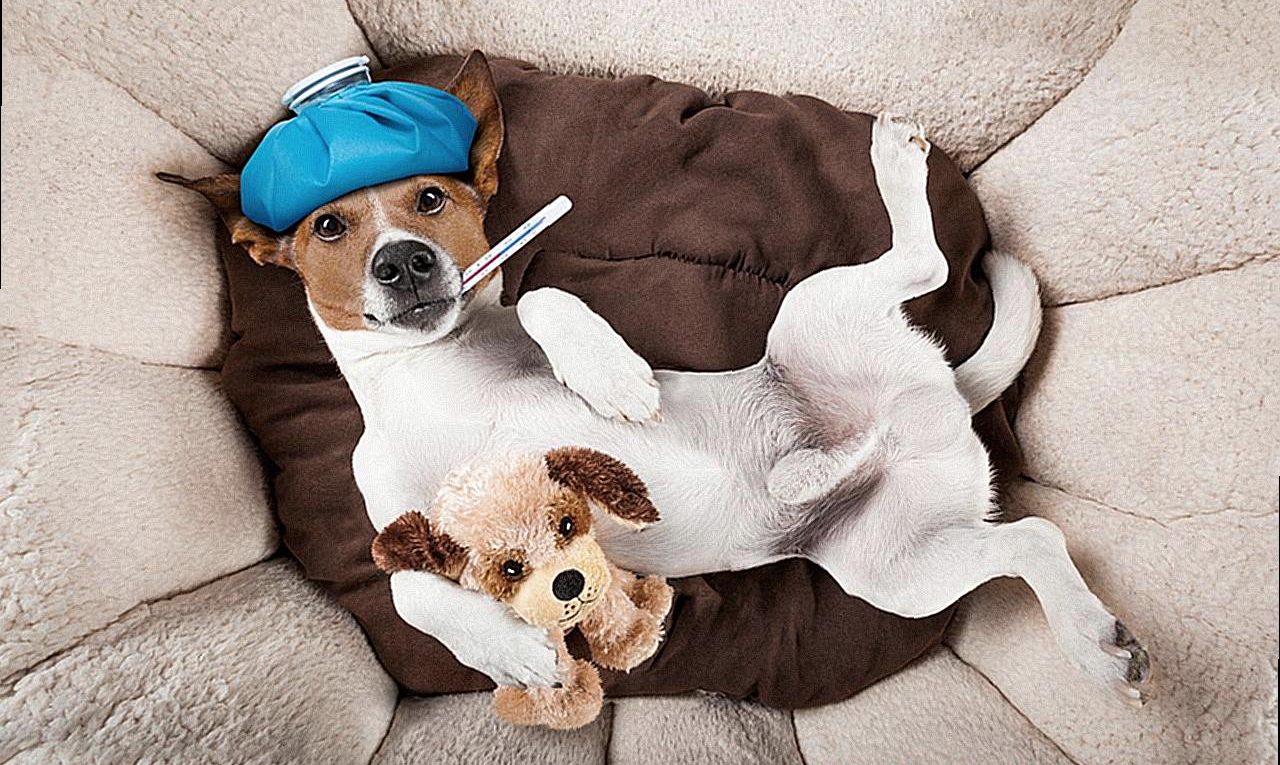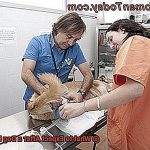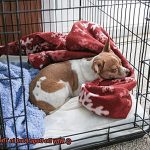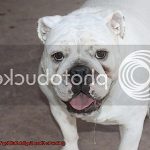Why Are Dogs Acting Sick After Grooming?
Are you worried about your dog’s behavior after a recent grooming session? Dogs may feel some discomfort, but if they’re vomiting, having diarrhoea or are lethargic, it could be something more serious. In this blog post, we’ll explore the potential reasons behind your dog’s sickness after grooming and how to make them better.
Every pup is different, so what works for one might not work for another. That said, there are common causes that can make a dog sick after being groomed. When trying to figure out why your pup isn’t doing well, it’s important to consider all alternatives.
We’ll also provide tips on how to ensure your dog stays happy and healthy during their next visit to the groomer. We’ll discuss choosing a reputable groomer, selecting the right products and making sure the environment is safe and comfortable for your pup.
If you’re concerned about why your dog isn’t feeling well after their last trip to the groomer, this article will give you all the information you need for a positive experience next time around.
Let’s get to the bottom of why dogs act sick after grooming and what we can do about it.
Why Are Dogs Acting Sick After Grooming?
Contents
Dogs are known to be our best friends, and they deserve to be taken care of properly. Unfortunately, sometimes after grooming, dogs can start acting sick.
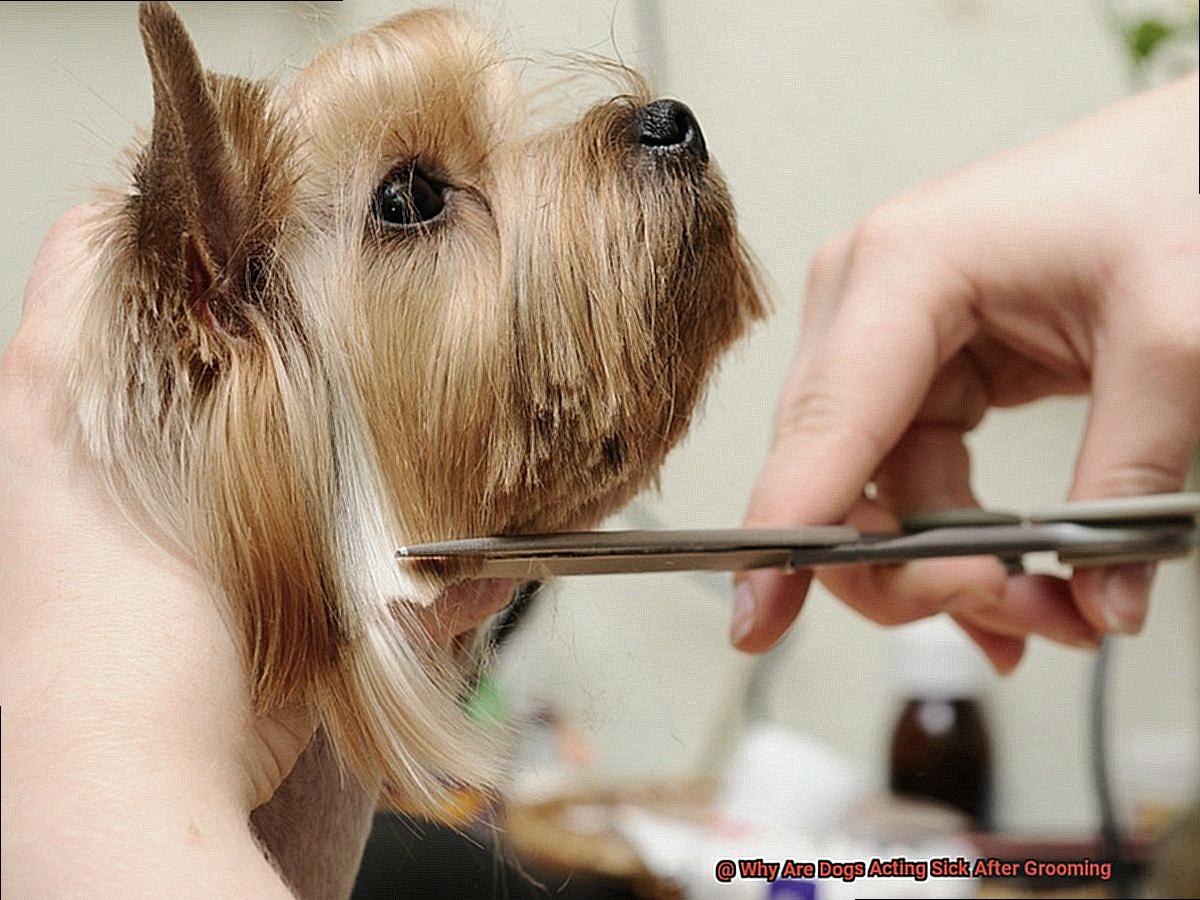
This can be a worrying experience for any pet owner, so it is important to understand why this might be happening.
One of the most common reasons why dogs act sick after grooming is due to stress. Grooming can be a stressful experience for dogs as they are often put in unfamiliar situations and exposed to new people and noises.
This can cause them to become anxious and overwhelmed, leading to them acting sick afterward.
Additionally, the use of harsh chemicals or tools during the grooming process can also cause irritation and discomfort for dogs, leading to them feeling unwell afterward.
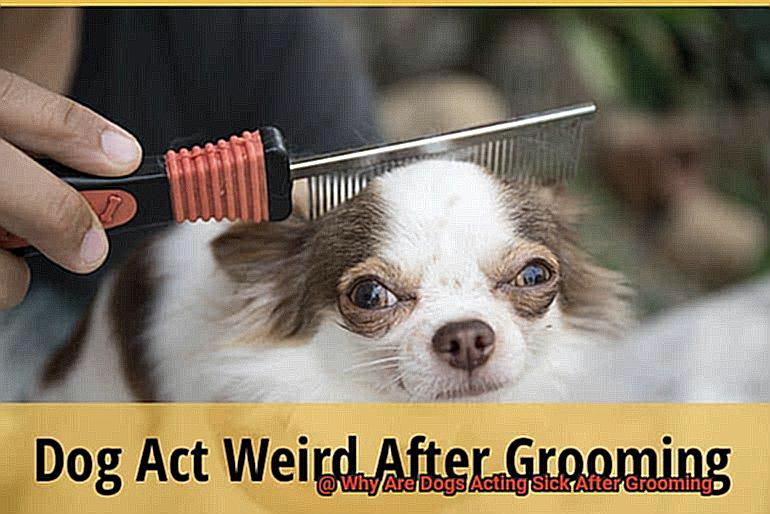
Finally, it is important to remember that some dogs may have underlying medical conditions that make them more sensitive to the grooming process.
For example, dogs with skin allergies may be more likely to react negatively to certain products or tools used during the grooming process.
If your dog is acting sick after grooming, it is important to take them to the vet as soon as possible to rule out any underlying medical issues.
Overall, it is important to be aware that dogs can act sick after grooming due to stress, irritation or underlying medical conditions.
If your dog is acting sick after grooming, it is best to take them to the vet to ensure they are healthy and safe.
What Diseases Can Dogs Get from Groomers?
Visiting the groomer is an important part of keeping your pup healthy and happy. Unfortunately, though, there is a chance that your furry friend could contract a disease from the groomer.
Canine distemper, parvovirus, and rabies are just some of the infections that can be passed from groomers to dogs. These viruses can be transmitted through contact with fur, saliva, or skin.
Bacterial infections such as staphylococcus and streptococcus can also be spread from groomers to dogs. Plus, infectious agents like ringworm, mange mites, fleas, and ticks can also be transferred from groomers to dogs.
To reduce the risk of disease transmission, groomers need to practice good hygiene. This includes regularly sanitizing their grooming supplies and washing their hands before handling each pet.
Is Groomers Lung Serious?
Groomer’s Lung is a serious condition that can have devastating effects if left untreated. It is an inflammation of the lungs caused by inhaling particles from the environment, such as dander, dust mites, and bacteria found in pet grooming salons. Symptoms of Groomers Lung include coughing, wheezing, shortness of breath, and chest tightness. In severe cases, it can even lead to pneumonia or other respiratory infections.
Fortunately, there are ways to protect your pup from getting Groomers Lung. First and foremost, avoid pet grooming salons if possible. If you must take your pup to a salon, make sure it is well-ventilated and free of dust and other particles that could cause an allergic reaction.
Additionally, be sure to seek medical attention right away if you suspect your dog was exposed to Groomers Lung.
Treatment usually involves avoiding exposure to the allergen and taking medications to reduce symptoms.
Groomers Lung can be a serious condition but with the right precautions, it can be avoided.
Can a Dog Be Traumatized After Grooming?
Have you ever wondered if a dog can be traumatized after grooming? The answer is yes! Grooming can cause fear, aggression, and anxiety in dogs if they have had a bad experience. Signs of trauma can include cowering, excessive barking, shaking, and refusal to interact with people.
Trauma can be caused by rough handling during grooming or other negative experiences such as being left alone for too long or being exposed to loud noises. It’s important to recognize these signs of distress and take action to provide comfort and reassurance to your pup.
If the problem persists, it is recommended to seek professional help from a veterinarian or animal behaviorist who can give additional guidance on how to best handle the situation.
Taking steps to prevent trauma in your dog is essential for their well-being.
How Long Will My Dog Act Weird After Grooming?
It’s not uncommon for dogs to behave oddly after a trip to the groomer. This behavior can range from just a few hours to as many as a few days, depending on the individual dog and the type of grooming they received.
If your pooch is exhibiting signs of anxiety, fear, aggression, lethargy or withdrawal, it’s important to consult with your veterinarian.
They will be able to determine if there is an underlying medical condition causing the behavior change and advise you accordingly. In some cases, medication or behavioral therapy may be recommended in order to help your pup return to its normal routine.
Every dog is different and will respond differently after being groomed. If you’re worried about how long your pup might act strange after their grooming session, make sure you discuss it with your vet before making any decisions.
Conclusion
It’s not uncommon for dogs to become a bit “off” after visiting the groomer. Anxiety, fear, lethargy, and separation are all potential signs that can arise from the experience. Fortunately, there are steps you can take to ensure your pup has a positive grooming experience.
First, find a reputable groomer in your area with safe products and an environment conducive to your dog. Second, keep an eye on their behavior after each visit so you can detect any signs of illness before they become chronic.
